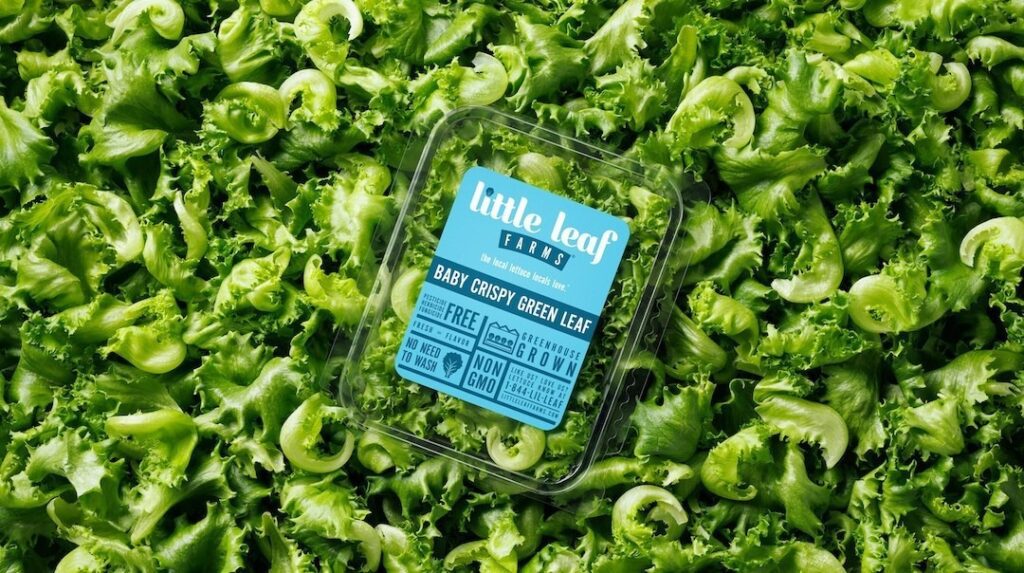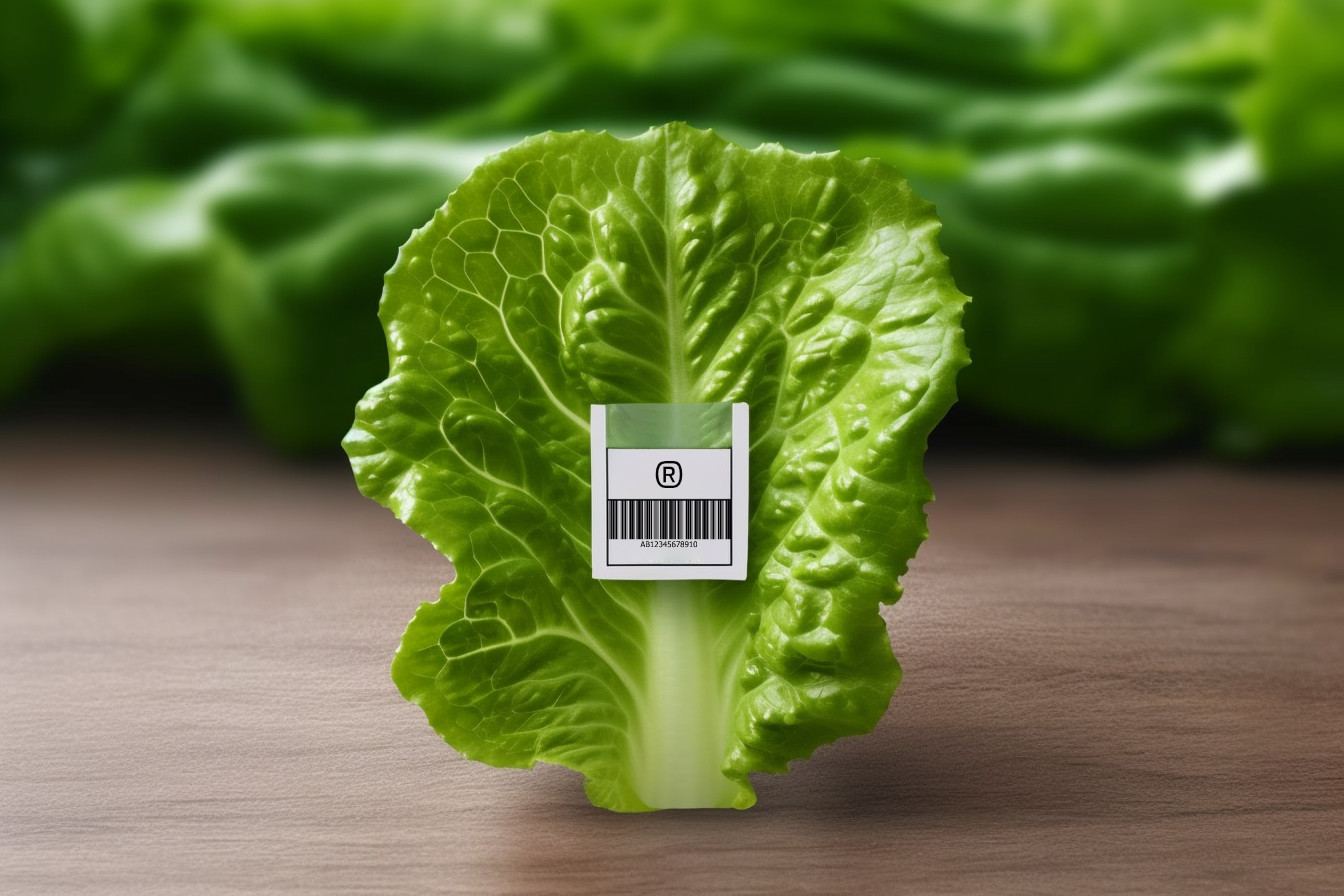Friends, it is the advertiser who speaks to you: in my world (and therefore also in yours) there are those who try to stand out with unique products, captivating slogans or particular images. And then there is Little Leaf Farms, which wants to patent its curly lettuce leaves to make them an integral part of its brand. Although it is well known that every vegetable grows differently, the company is banking on the particularity of its cultivation process and the instant recognition of its “Baby Crispy Green Leaf” to convince the United States Patent and Trademark Office to grant the patent. This could be a decision that makes history and traces a path for the future. I wouldn't underestimate her.
A lettuce with a “special” leaf
Linsay Hardie, vice president of marketing for Little Leaf Farms, says customers often say they recognize the company's lettuce in the salads they eat, whether at a friend's house or at a restaurant. Hence the idea of trying to record the unique shape of these leaves.
At this point in the article, if you are a regular reader of Futuro Prossimo you will be wondering if this lettuce was genetically modified to take this form. The answer is no. NO. It is not a GMO. The curious shape derives from a particular type of seed, which grows only thanks to a combination of humidity, nutrients and natural light. And they want to patent it. Usually, companies try to protect unique and controllable aspects of their brand, (think of Nike's “Swoosh”, or the Tiffany Blue color). Little Leaf Farms wants to "appropriate" something that, in fact, nature can produce itself.

And its legal team is confident in the possibility of obtaining the patent, as the product meets the required requirements. To be approved, the mark must not be essential to the use of the product. In the case of Little Leaf Farms lettuce, after all, the shape does not enhance its flavor or is critical to its purpose.
Patenting nature: how will it end?
It is not yet clear whether the company will be able to obtain a patent for its lettuce leaves. However Francesco Musella, lawyer and leading Italian expert in Intellectual Property, reserves the right to evaluate the case carefully. Right now, he's pretty skeptical about Little Leaf Farms' ability to demonstrate lettuce's distinctive shape. “Unless it can be considered a new plant variety,” says the expert. In that case, the American company could obtain protection of its industrial property.
If Little Leaf Farms' venture is successful, it could pave the way for new protection possibilities for the shapes and characteristics of other vegetables or agricultural products. One day we may all eat salads with patented and trademarked ingredients.
I have to say it: sometimes the marriage between nature and innovation tastes decidedly unpleasant.


